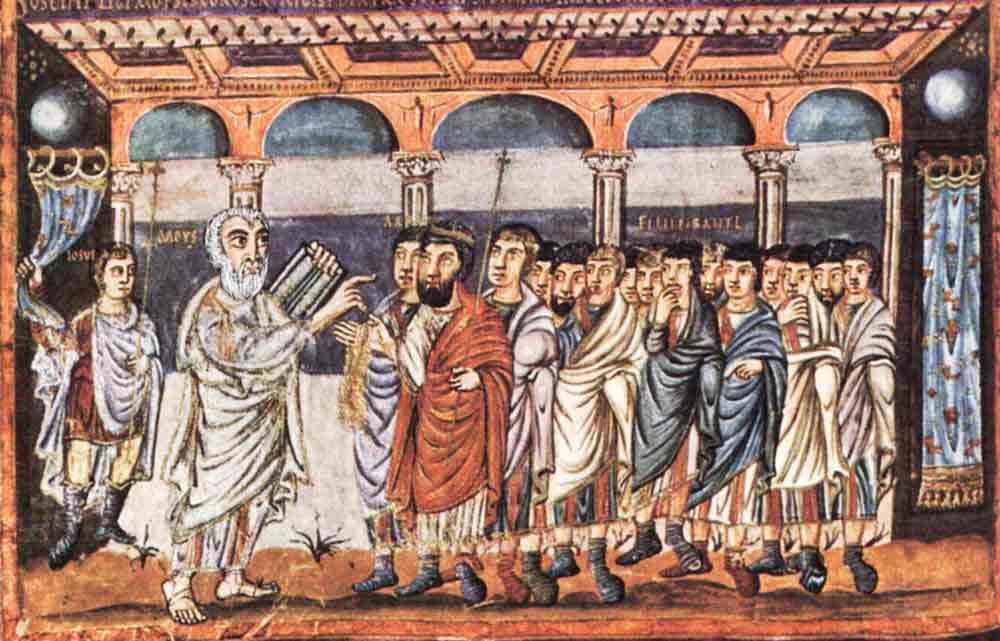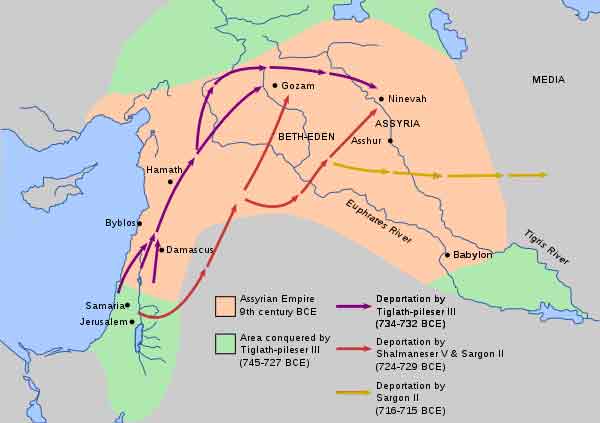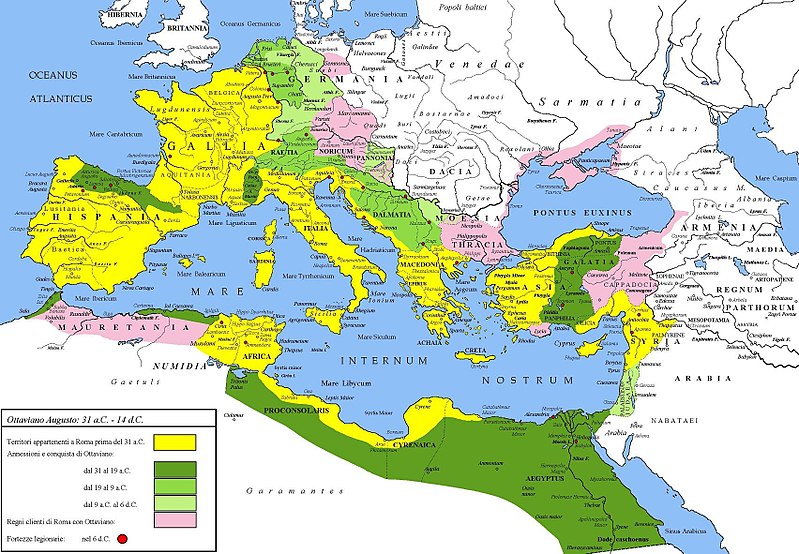About 75 years ago, India and Israel achieved independence in the years 1947 and 1948, respectively. However, informal relations between the countries are centuries-old. Some two thousand years back, the first batch of the Jews is believed to have arrived in India. Following them, over the next hundreds of years, many groups of the Jews reached India from various places. Across the globe, India must be the only nation where the Jews did not face anti-Semitic hatred. In fact, the Indians welcomed them with love and got them assimilated into the Indian society respectfully that too by allowing them to maintain their distinct religious and cultural identity.

As a result, the Jews who came to India settled here. Their businesses prospered. They also built their settlements. Such references are found in the notings of foreign traders who travelled to India many centuries ago. The Jews in India have love in their hearts for India. They consider India their motherland. ‘India is our motherland and Israel the fatherland’, is the consideration that pervades their hearts. They have mingled so well within the Indian society that the thought of they being some strangers does not even find traction with the Indian minds.

Many of the Indian Jews have gone on to take key positions in India. During the 1971 India-Pakistan War, Lt. Gen. Jack Jacob, better known as Lt. Gen. JFR Jacob, was the ‘Chief of Staff’ of the Eastern Command of the Indian Army. We are well aware that India won the war and created Bangladesh. Lt. Gen. Jacob played a crucial role in it.

Likewise, David Sassoon was another famous Jewish personality from the eighteenth-nineteenth century. Originally a Baghdadi Jew, in India, he began his career with a textile mill. Later, with his entrepreneurship, Sassoon succeeded at several businesses. At the same time, he also performed a lot of worthy charities and initiated several socially beneficial undertakings. In Mumbai and Pune, he built several establishments like E.D. Sassoon Mills, the David Sassoon Library, Sassoon Docks, Sassoon Hospital, the Sassoon Children School, Masina Hospital, etc. Also, David Sassoon played a significant role in the construction of the Gateway of India.

Besides, during the early days of Bollywood, famous actresses namely Pramila (Esther Victoria Abraham), Sulochana (Ruby Myers), Nadira (Florence Ezekiel) and character actor David (David Abraham Cheulkar), etc. were all Jews. Pramila, in fact, became the first ‘Miss India’ at the national beauty pageant held in 1947. Also, Joseph David Penkar, the writer of the first Indian sound film, ‘Alam Ara’, was a Jew. A number of such Jews have made valuable contributions to the Indian society and cultural life.
Despite the strong people-to-people relations, it took quite a time for the formal diplomatic ties between India and Israel to get established. There are many reasons for it. World War II had just ended when both these nations achieved independence. It had led to the emergence of new global geopolitical equations, and the entire world was trying to come to terms with the changes. India too faced the pressure of these developments as it had just achieved independence and thus depended on foreign countries for many things. Moreover, for India, oil was a fundamental necessity for which it relied on the oil-producing Middle Eastern nations. Furthermore, a large number of India expats worked in the Gulf countries. Last but not least, among the two superpowers, the United States and the Soviet Union, the US then had a Pakistan-favouring policy. Thus, India and the Soviet Union, a country which was friends with the Arabs, got closer.
Due to many such influences, maybe, the Indian leadership might have found it difficult to establish diplomatic relations with Israel. However, even in the absence of such ties, India had given recognition to Israel as a nation, way back in 1950. Moreover, to make it easy for the Jews in India to immigrate to Israel, India had permitted to the opening of an Israeli consulate in Mumbai. It helped thousands of Indian Jews who went on the settle in Israel. Even without any formal relationship, the two countries shared good informal cooperation that became evident during the wars of 1962, 1965 and 1971, which India had to fight.
Things changed gradually. India adopted a ‘forward policy’. It resulted in the progress of all fields and the beginning of the process of self-reliance. By the 1990s, India’s influence at the international stage had considerably expanded, and its word had begun to wield reasonable weight globally. Besides, the use of non-conventional sources of energy had started, and India had discovered deposits of alternative energy resources like natural gas. These developments resulted in a reduction of India’s dependence on oil. The events helped to establish diplomatic relations with Israel in the year 1992 and India opened an embassy in Tel Aviv.

Since then, the Indo-Israeli cooperation in the fields of agriculture, water management, fish farming and aquaculture, science, technology, research and development, industrial production, space, military equipment, intelligence, etc. is rising continuously. In the later years, the modern weaponry supplied to India by Israel played a vital role in India winning the 1999 Kargil War against Pakistan. Moreover, after the terrible 2001 Gujarat earthquake, Israel immediately dispatched a rescue team of the Israeli Defense Forces (IDF) to aid the Indian agencies in search and rescue operations. Also, India used the Israeli-made ‘SPICE bombs’ during the Balakot airstrikes conducted to avenge the Pulwama terror attack that took place in Kashmir. ‘Space’ is a domain where both countries have extensive collaboration. ISRO (Indian Space Research Organization) has launched many Israeli satellites. Likewise, numerous groups of Indian farmers have visited Israel and undergone training in agricultural techniques and technology.
The centuries-old synergy across multiple fields caught real pace after the historic Israel visit of the Indian Prime Minister Narendra Modi in 2017.

Today, both India and Israel, counted among the most ancient civilizations, have many things to learn from each other. Moreover, they share many common threads among them which could further enhance their association. India and Israel come from a similar historical background – they have given a hard, long and valiant fight to overthrow foreign occupation and achieved independence, and today, are flourishing democracues. Neither India and nor Israel has taken the role of an aggressor. The problem of terrorism and the troublesome neighbourhood is a worry for India as well as Israel, which they are handling effectively. During 26/11 Mumbai terrorist attacks a Chabad House, a center for Judaism, was specifically targeted. To survive such challenging conditions, it is in the best interest of India as also Israel to cooperate among themselves increasingly and they are already working on these lines.
We began this series of articles from the ancient history of the Israelites and today, have reached a point where we saw the heights of success that Israel has scaled. We also read about the divine vision about the ‘Promised Land’ that God gave Israelite patriarch Abraham. Later, we focused on highlighting the arduous efforts and fight of the Israelites that they had to put for some three millenniums and a number of generations to finally settle into the region that rightfully belonged to them, their ‘Promised Land’. With their absolutely and always unabated, intense and profound adherence to achieve their goals and by facing immense hardships, the Jews established the Jewish nation in the ‘Promised Land’. Moreover, they made holistic progress for Israel by transforming even the arid Israeli desert into the greenery.
As we end the article series, I am tempted to cite again the words expressed by the patriarchal Israeli leader Shimon Peres –
|
“In Israel, a land lacking in natural resources, we learned to appreciate our greatest national advantage: our minds. Through creativity and innovation, we transformed barren deserts into flourishing fields and pioneered new frontiers in science and technology.” – Shimon Peres |
As we went about studying, ‘Israel: A journey – prolonged yet successful!’, it is hard not to experience the total aptness in the words of Shimon Peres.






















